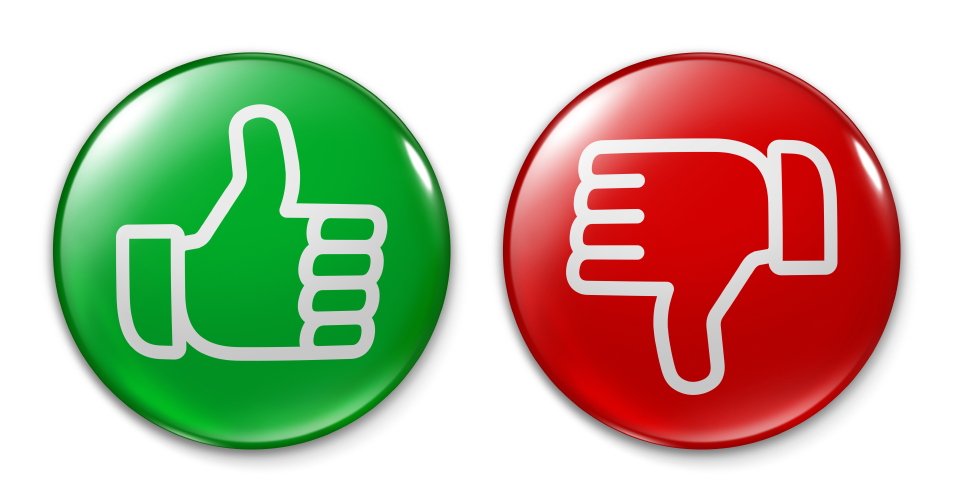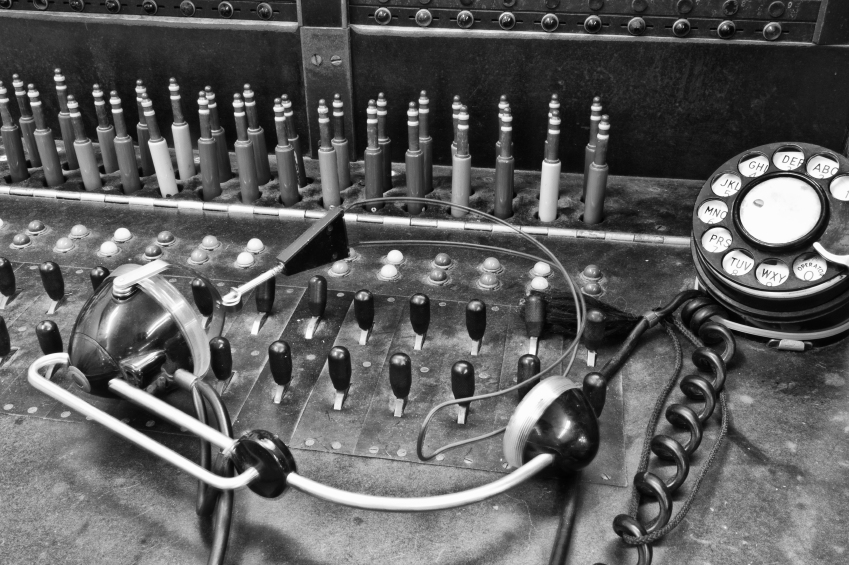The gurus have spoken.
These days, employee engagement is down. Way down. Gallup says only 30 percent of workersare motivated; Bain, that engagement is lowest in the customer-contact tiers of the company.
Of course, blame is everywhere. At leaders, for wearing rose-tinted glasses (McKinsey’s organizational health index). At the lack of emotional bonding between employees and work. And at the lack of “walking the talk” among senior executives.
No one agrees on the solution. “Engagement cascades from the top,” trumpets one org health scientist. Middle managers should have the tools and wherewithal to shape engagement, insists another. Teams are the answer, claims yet another expert.
Why not do two simple things: Ask – and listen well? We’ve found employees are more than willing to share opinions and ideas …
If. They. Know. They’ll. Be. Listened. To.
Believe it or not, many care … and actively want to improve wherever they “live” for 40+ hours a week. One of our recent information sessions, for example, gathered 75+ percent response, great insights, and lots of volunteers for a discretionary, extra-hours-after-work program.
But a caveat: When you ask, then it’s incumbent to tell. Share the findings, whether at a high or expansive level. Have groups of workers examine the data and draw some conclusions … and remedies. Or assign the task to frontline supervisors and teams. You’ll find that kind of participation reaps not only engagement but also is much less expensive than the traditional diamond solutions.



